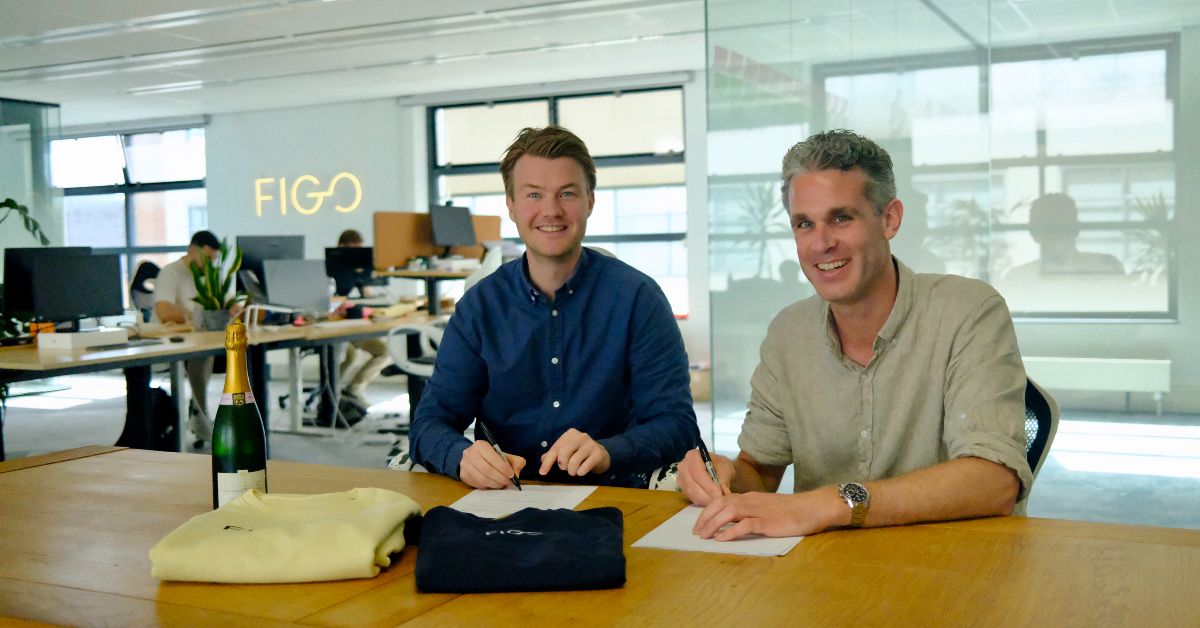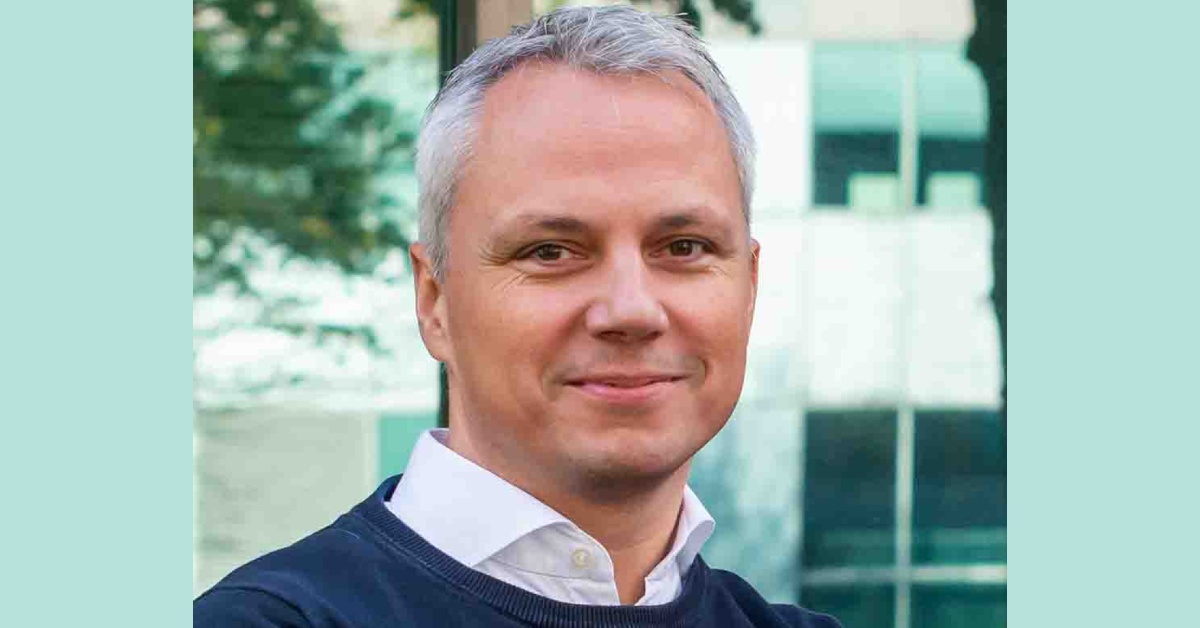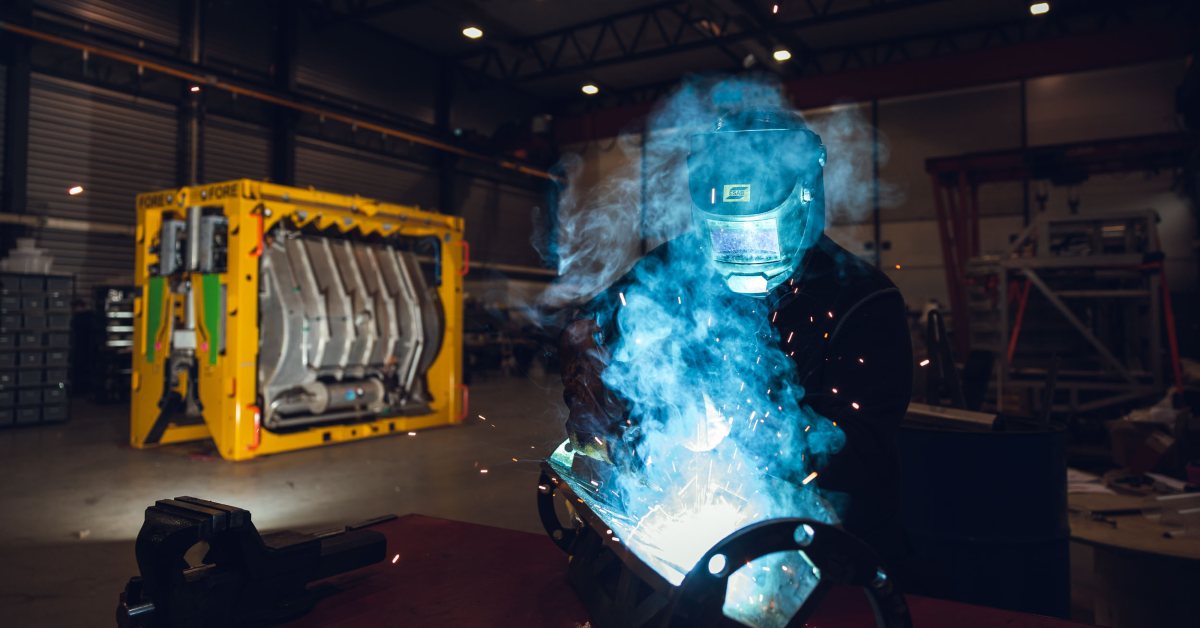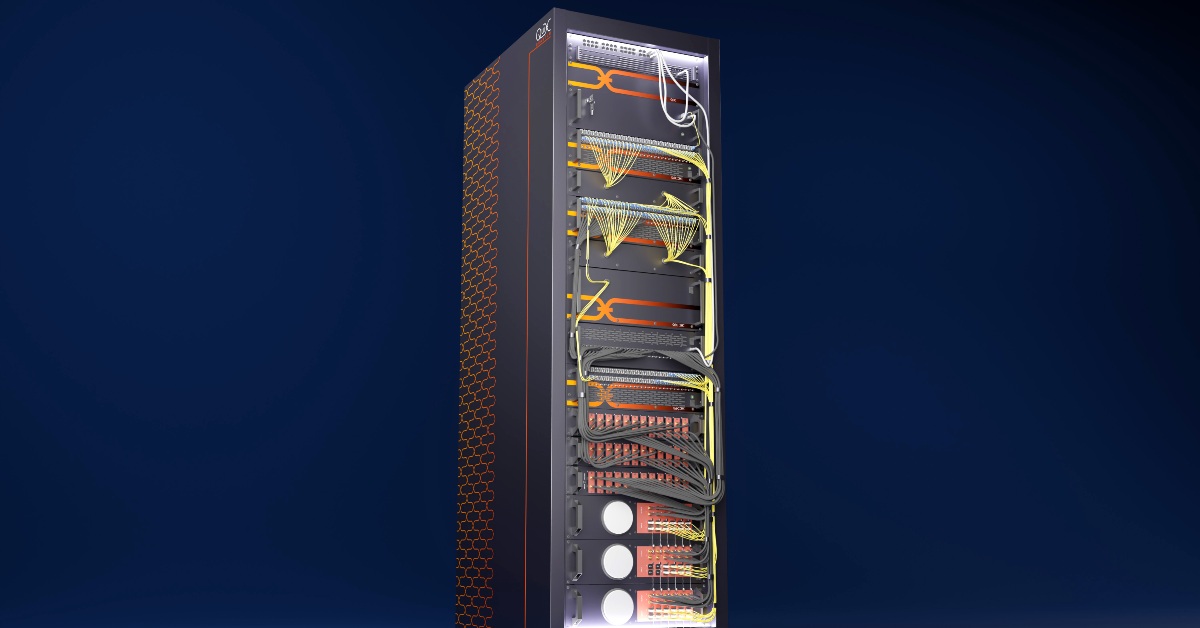Groningen-based EV Biotech, a Microbial Cell Factory (MCF) strain development company, announced on Wednesday, March 22, that it has raised €4.5M in a Seed round of funding.
The round was led by Future Food Fund, together with NOM, Carduso Capital, Rug Ventures, Triade Investment, Voyagers.io Climate Tech Fund, Blue Horizon, Jogchum Brinksma (Flobas Ventures), Scott Saxberg (Icebook), Hannu Ryopponen, Marc Kaptein, Andrew Nutter, and Marie Outtier.
What does EV Biotech offer?
Due to excessive reliance on fossil fuels, the sustainable creation of chemicals from renewable, non-edible biomass has become an essential alternative. This is where Microbial Cell Factories (MCFs) are required.
MCFs are engineered microbes with simplified biosynthetic pathways that can make desired chemicals from renewable carbon sources such as nonedible biomass or even carbon dioxide.
A wide range of compounds can now be produced using MCFs. And EV Biotech offers precisely that.
The company was founded in July 2018 by Linda Dijkshoorn, Agnieszka Wegrzyn and Sergey Lunev, and has been operational since January 2019.
In traditional industry, developing an effective microorganism requires a trial-and-error method which could take a significant amount of time and resources, resulting in a reduced project success rate.
EV Biotech has merged computational and laboratory methods to create a technology platform that speeds up the creation of new and established commercial fermentation processes.
“Combining the digital twins of the enzymes, organisms and bioprocesses is the enabling technology to design effective fermentation processes,” says Linda Dijkshoorn.
EV Biotech’s scientists use data science and data-driven AI models to pinpoint effective R&D stages with the highest potential for success.
The platform connects strain design and testing with industrial-scale bioprocess models to predict future profitability, potentially saving millions of euros in R&D costs for both the company and its clients.
Using EV Biotech’s platform, a variety of green goods, including proteins, culinary components, flavours, fragrances, cosmetic ingredients, materials, bio-pesticides, and much more, can be produced.
The company claims its method has the benefit of putting the products on the market more quickly and for a reasonable price.
Capital utilisation
EV Biotech claims it will use the funds to advance its current technology and enhance its offerings by implementing client feedback. The company will continue to create its own microbes to meet the needs of various marketplaces.
EV Biotech will also be able to test its own plug-and-play systems to build a microbial framework that makes various types of bioplastics.
Commercial validation
Recently, the technology developed by EV Biotech has undergone market testing. There have been seven distinct customer initiatives involving the manufacture of bioplastics, small molecules, and alternative proteins.
Along with these initiatives, the company has created a bioplastic-producing microbe framework in-house that can generate bioplastics effectively while retaining up to 80 per cent of its biomass.
They hope for a market entry in three years and intend to test this microbiological chassis this year. When compared to conventional trial-and-error strain design methods, this represents a stark 70 per cent time-to-market increase.
“Using modelling to guide our lab experiments saves at least 60 per cent of the time and cost,” says Agnieszka Wegrzyn.
Products and co-development
EV Biotech’s methods flourish within the fast feedback cycle from the lab to the computer and back. When a microbe is developed in the lab, large quantities of data are collected during the development, including growth, performance, transcriptomics, and metabolomics databases.
“These complex datasets are directly integrated with our existing computational models. This allows EV Biotech to very quickly perform design-build-test cycles, helping to select the most impactful R&D steps,” says Agnieszka Wegrzyn.
She adds, “We can calculate what the risks and benefits of a project are, which also tells us which ones are not worth spending our and the client’s time and resources on!”
In order to handle the key difficulties of industrial strain development and optimisation, EV Biotech provides assistance and (co-)development opportunities. This means that clients can contact the company at any point in their project or timetable.
“Anything sustainable should be profitable,” says CEO Linda Dijkshoorn.










01
From telecom veteran to Dutch Startup Visa success: The Jignesh Dave story